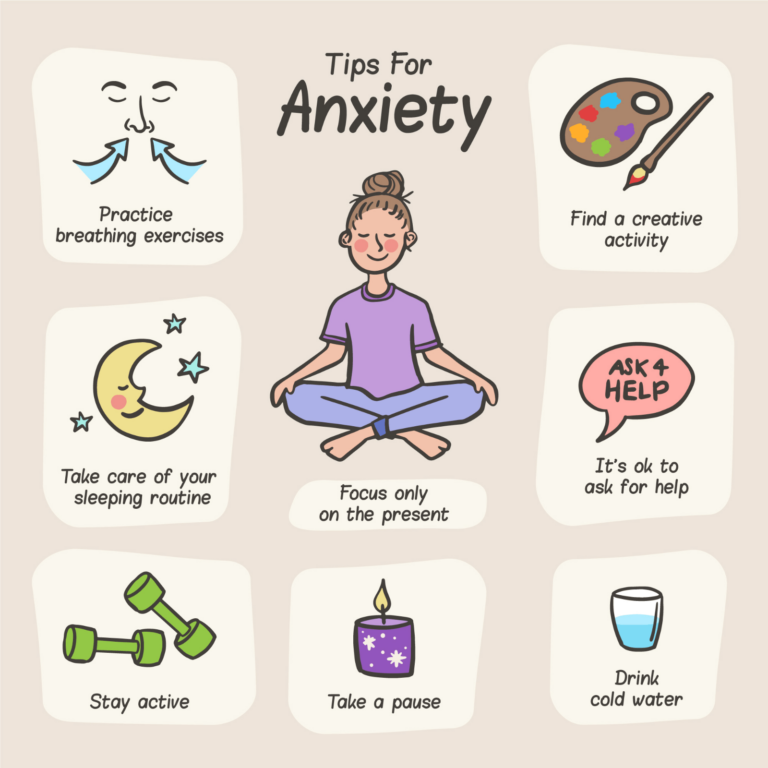Best Wearable Devices for Health Monitoring: Revolutionizing Personal Wellness
In today’s fast-paced world, staying on top of your health has never been more important. Wearable health devices have made it easier than ever to track and manage various aspects of your well-being, from heart rate and sleep patterns to physical activity levels and even stress. These innovative devices not only provide valuable data but also empower users to take charge of their health in real-time. Whether you’re an athlete looking to optimize performance or someone monitoring a chronic condition, wearable health monitors offer personalized insights to help you make informed decisions about your health. In this article, we’ll explore some of the best wearable devices for health monitoring, highlighting their features, benefits, and what makes them stand out.
Fitness Trackers: Your Personal Health Assistant
Fitness trackers are among the most popular wearable devices for health monitoring. These compact gadgets track key metrics such as steps taken, calories burned, heart rate, and sleep quality. Some of the best fitness trackers, like the Fitbit Charge 5 and the Garmin Vivosmart 5, provide not only basic activity tracking but also advanced features like GPS tracking, guided breathing exercises, and stress monitoring. These devices are designed for people who want to stay active, monitor their fitness goals, and improve their overall health. With features like personalized reminders and detailed progress reports, fitness trackers can help you stay motivated and on track to meet your health targets.
Smartwatches: More Than Just Timekeeping
Smartwatches have evolved beyond just telling time they are now powerful health monitoring devices. Leading smartwatches, such as the Apple Watch Series 7 and the Samsung Galaxy Watch 4, offer a range of health-focused features, including heart rate monitoring, ECG readings, blood oxygen level tracking, and even fall detection. These smartwatches sync with health apps to provide detailed insights into your health metrics and can alert you to potential issues, such as irregular heart rhythms. Additionally, many models now come with sleep-tracking capabilities and stress management features, making them an all-in-one tool for tracking and managing your health in real time.
Wearable ECG Monitors: Keeping Track of Your Heart Health
For individuals who need more detailed heart health monitoring, wearable ECG monitors are an excellent choice. Devices like the KardiaMobile 6L and the Withings ScanWatch offer clinical-grade ECG readings that allow users to detect potential heart issues, such as arrhythmias, at home. These wearable devices provide a portable solution for people with heart conditions or those who want to keep a close eye on their cardiovascular health. By simply placing your fingers on the device’s sensors, you can quickly record an electrocardiogram and share the results with your healthcare provider for further analysis, helping to detect problems early and prevent complications.
Sleep Trackers: Unlocking the Secrets of Better Sleep
Getting quality sleep is essential for overall health, and wearable sleep trackers can help improve your sleep hygiene by monitoring sleep cycles and providing insights into your sleep patterns. Devices like the Oura Ring and the WHOOP Strap are designed specifically for sleep tracking, offering detailed reports on sleep stages, heart rate variability, and body temperature throughout the night. These trackers also provide personalized recommendations to optimize your sleep environment and routines, which can enhance your energy levels, cognitive function, and overall health. For those struggling with sleep issues or looking to improve their rest, these devices offer a practical solution for better sleep quality.
Blood Pressure Monitors: Tracking Hypertension on the Go
For people with hypertension or those at risk, wearable blood pressure monitors provide a convenient way to keep track of your blood pressure levels throughout the day. Devices like the Omron HeartGuide and the Wellue BP-Doctor offer wrist-worn blood pressure monitoring, delivering accurate readings that can be stored and shared with healthcare providers. These devices offer an easy way to monitor your condition, manage your medications, and stay on top of your health without needing to visit a doctor’s office regularly. Consistent monitoring helps ensure that hypertension is managed effectively, reducing the risk of heart disease and stroke.
FAQs
Q1: Can wearable devices replace regular doctor visits?
While wearable devices provide valuable insights into your health, they should not replace regular medical checkups. They are great tools for monitoring your health between doctor visits, but any serious concerns should be addressed by a healthcare professional.
Q2: Do all wearable health devices track the same metrics?
No, different wearable devices focus on different health metrics. Some track basic activity levels, while others specialize in advanced metrics like ECG, blood pressure, or sleep quality. It’s important to choose a device that aligns with your specific health needs.
Q3: Are wearable devices accurate in monitoring health metrics?
Most wearable devices provide reasonably accurate data for general health tracking. However, for more critical measurements (such as ECG or blood pressure), it’s always a good idea to consult with a healthcare provider to verify results and ensure accuracy.
Q4: How long do wearable health devices last?
The lifespan of wearable health devices depends on the brand and model. Most devices last several years with proper care, but battery life may decrease over time. Regular software updates can help improve functionality and ensure the device stays useful for an extended period.
Q5: Can I use wearable devices if I have a medical condition?
Yes, many wearable devices are designed to assist individuals with specific health conditions, such as heart disease, diabetes, or hypertension. However, it’s essential to consult with your healthcare provider before using any new health-monitoring device, especially if you have a chronic condition.


